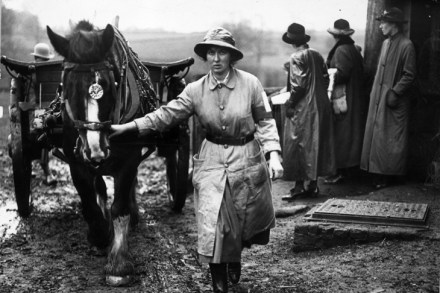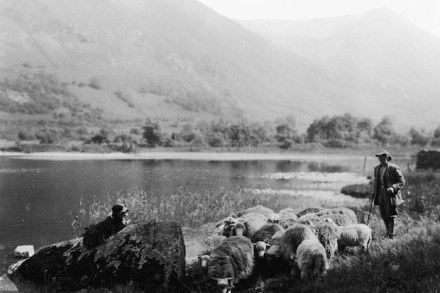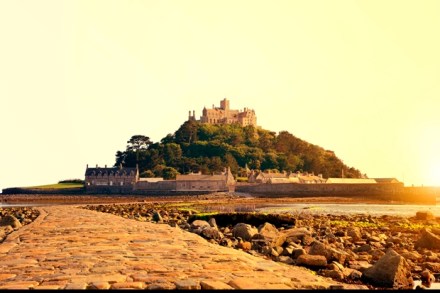Letters: The sorry state of BBC sport
Misplaced Trust Sir: Charles Moore is as ever bang on target (The Spectator’s Notes, 26 September). National Trust members have had a raw deal this year, but so have many loyal staff and volunteers. It should not surprise any visitor to a National Trust property that a very rich person built it and lived there. No doubt they achieved great financial wealth by being quick-witted, entrepreneurial and above all ruthless in their dealing. They likely exploited everyone irrespective of race or creed. How many mill owners sent ‘boys’ up chimneys, down mines and into the machinery to clear blockages? The National Trust is a curator of buildings, artefacts and estates.



















